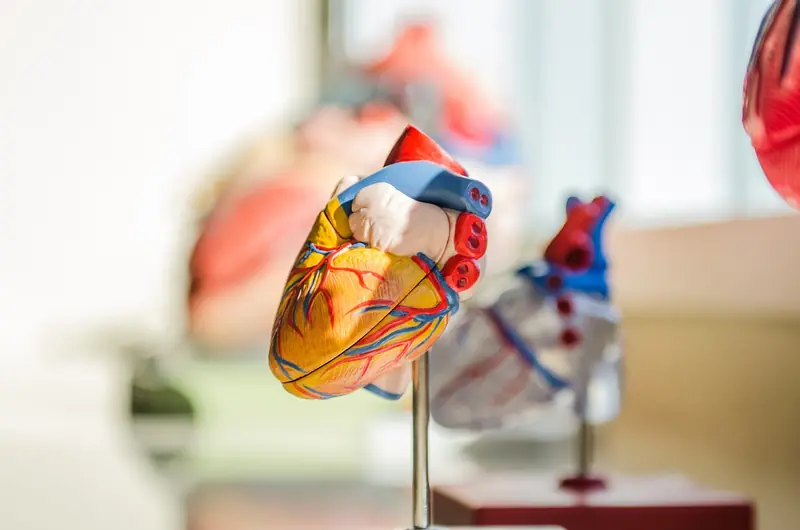
It’s that time of year again—holiday parties and gatherings with family and friends, where alcoholic beverages flow freely. During this season, many people exceed any reasonable limits when it comes to drinking. Suddenly, they may find themselves feeling their heart racing and beating irregularly.
In such cases, emergency room doctors confidently diagnose what is known as alcohol-induced atrial arrhythmia. This condition is particularly common during the holidays, especially in winter, which is why it has another name: festive heart.
What is it?
Festive heart is characterized by rapid or irregular heartbeat associated with excessive alcohol consumption, overeating, dehydration, and increased stress. According to Professor Caleb Ferguson from the University of Wollongong in Australia, doctors have been studying this condition for about 50 years.
The researcher noted that alcohol affects the heart, blood vessels, blood, and nervous system in many ways. For instance, it can impair the functioning of the nervous system, leading to dehydration and inflammation. This, in turn, disrupts the heart’s electrical system and causes arrhythmia, as reported by Science Alert.
Typically, during the holiday season, people end up in the hospital with symptoms like heart palpitations, chest pain, fainting, or shortness of breath. This combination of symptoms requires prompt intervention from cardiologists.
First and foremost, they monitor the heart’s rhythm using an electrocardiogram. The clinic may also recommend blood tests to check electrolyte levels, clotting markers, inflammation indicators, as well as kidney and liver function.
Why do doctors consider festive heart a serious issue?
The vast majority of people diagnosed with this condition recover, especially if they begin treatment early and stop drinking alcohol.
However, in some cases, doctors may diagnose atrial fibrillation, a fairly common heart rhythm disorder. If left untreated, atrial fibrillation increases the risk of blood clots, stroke, and heart attack.
How can you prevent alcohol-induced arrhythmia?
The answer is clear: avoid excessive alcohol consumption. If you have multiple gatherings, Professor Ferguson recommends drinking water between rounds of the “green serpent.”
In his view, even during these “troublesome” days, it’s important to stay active and stick to your usual healthy diet. Following these simple guidelines can help protect your heart health during the hectic holiday season.
